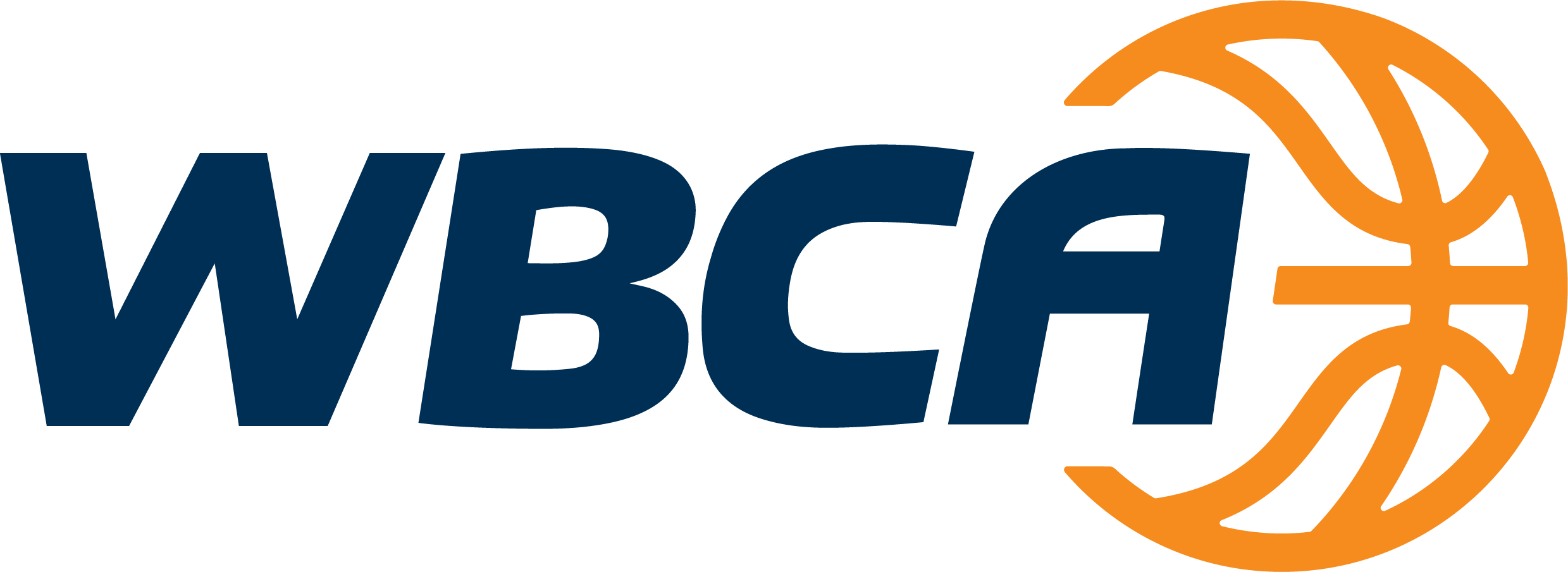As the inaugural season of the Women’s Minor League Basketball Association (WMLBA) closes, Dallas Lightning head coach Alicia Thompson shares her insight on how creating clear boundaries and focused practice plans helped her team achieve a seven-game winning streak, a scoring average over 100 and the 2017 league championship.
Key #1: Don’t forget fundamentals.
No matter the level of competition or your players’ experience, do not assume basics were properly taught. Even as a professional in the WNBA, I practiced fundamentals daily.
Inserting offensive and defensive strategies into practice is beneficial, but be sure to incorporate drills that emphasize getting open, getting into triple threat, and staying low.
Key #2: Focus on discipline.
Whether a team claims a winning or losing season, it is important that players remain disciplined. Either scenario may lead to laziness and lack of focus, so reassure players and support staff that you will not lower your expectations despite the outcome of the season.
No matter the strength level of a team, don’t allow athletes to develop a habit of mediocrity. When players are not giving their best effort at practice, stop everything and bring it to their attention. Remind them that staying disciplined guarantees your program’s standard of play is not compromised.
Hold each individual accountable for the team’s performance by enforcing repercussions. If a shooting drill doesn’t go 100 percent, make the whole team run 40 sprints. Make sure you stay firm on your word.
Key #3: Value quality over quantity.
I once believed more was more — a training ideal that covering more made for a more productive practice. After experiencing practice as an athlete as well as a coach, the more is more technique proved to be outdated and ineffective. I found success leading practices with intense focus on players perfecting quality drills — quality over quantity.
The quality-over-quantity tactic eases player fatigue in both mind and body. Doing hours of work while tired is counterproductive. This strategy benefits the players’ physical as well as mental health.
Stay tuned as the WBCA shares more of Thompson’s coaching journey. Learn more about the WMLBA.

